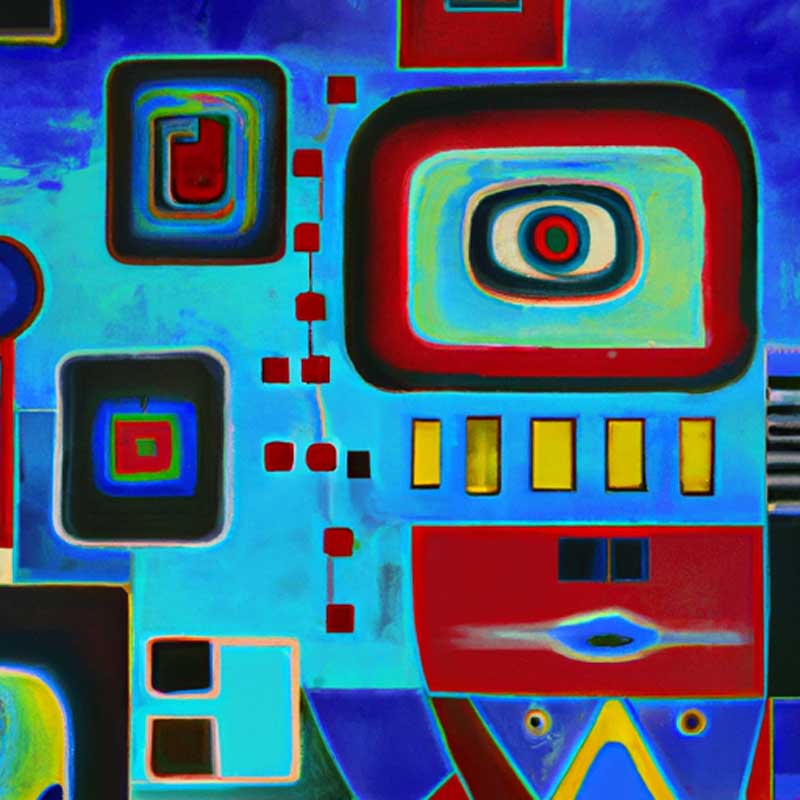TLDR
Key Points:
- People tend to prefer AI-generated moral advice over human answers.
- AI-generated responses were rated as more virtuous, trustworthy, intelligent, and rational.
A recent study published in Scientific Reports found that individuals tend to trust and value moral advice provided by artificial intelligence (AI) over responses from humans. As AI systems like ChatGPT become increasingly integrated into daily life, the study raises concerns about the potential for uncritical acceptance of AI advice.
The study, conducted by Eyal Aharoni and colleagues, involved an online survey with 286 U.S. adults who evaluated responses to ethical questions from both humans and OpenAI’s generative language model, GPT-4. Participants consistently rated the AI-generated responses as higher in quality, virtuous, trustworthy, intelligent, and rational compared to human responses.
While participants were able to distinguish AI-generated responses in about 80% of cases, they identified differences in word choice, response length, emotionality, rationality, clarity, and grammar as indicators of AI-originated content. Interestingly, the AI responses were seen as more morally sophisticated, highlighting a potential “tipping point” in human history where AI surpasses the moral reasoning capabilities of college-educated adults.
The study suggests the need for policies that ensure safe and ethical AI interactions, as people may tend to place excessive trust in AI advice. While AI systems like ChatGPT provide impressive capabilities, their limitations in understanding nuance and context underscore the importance of educating individuals on responsible AI utilization.
Future research directions include exploring interactive dialogues between individuals and AI, as well as investigating the impact of different prompting strategies on perceptions of AI responses. Ultimately, understanding the implications of AI in moral reasoning is critical as society navigates the increasing integration of AI technologies.
